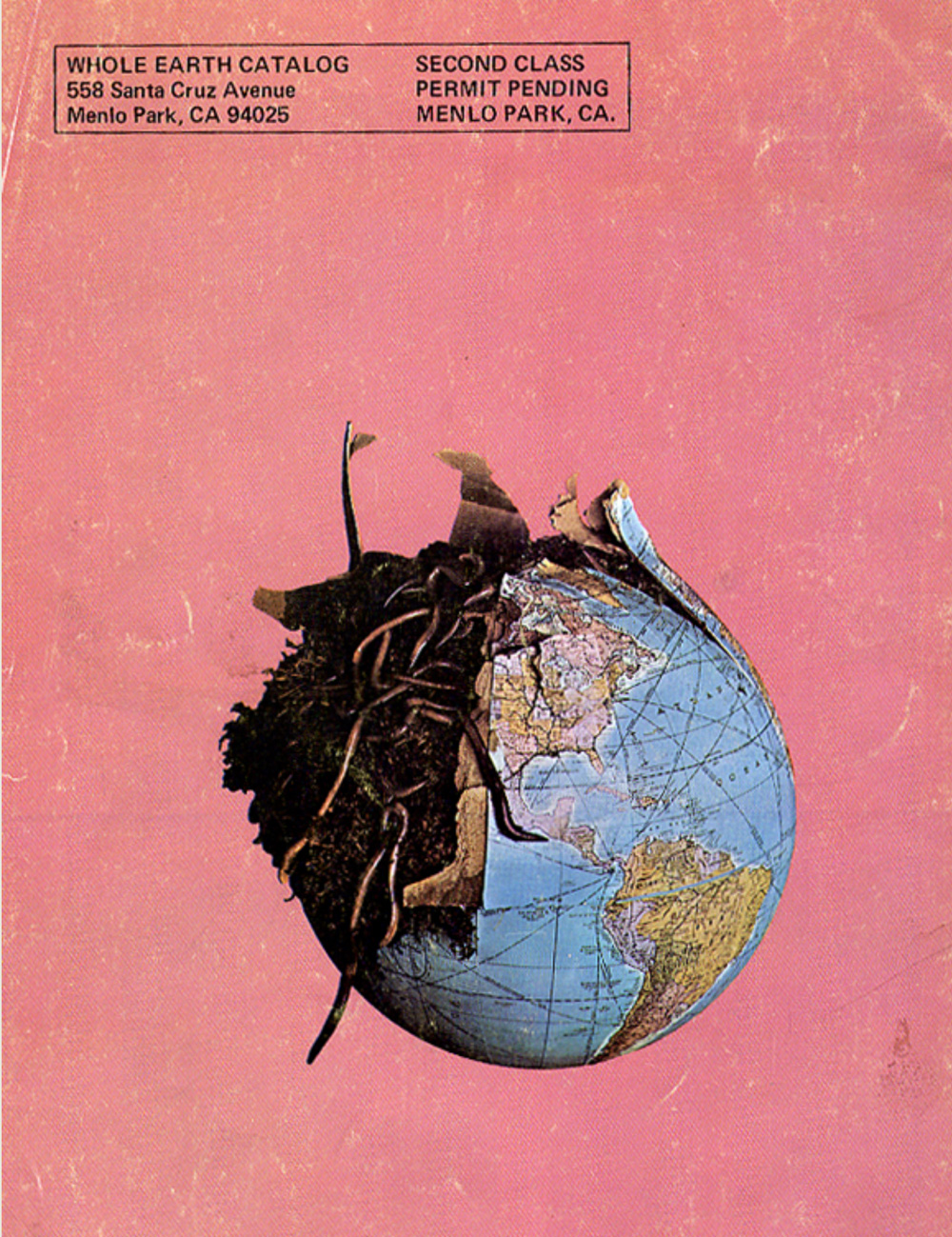Governing through Design – An interdisciplinary phenomenon

The United Nations increasingly rely on design thinking to transform their institutions; infrastructural planning is now figured as urban design; and ecological thinking turns into a problem of adequate programming. Our project seeks to investigate how design methods and practices have contributed to changing politics throughout the 20th century and to analyze contemporary forms of governing through design. It is our goal to establish the interdisciplinary study of design as a new field of research in the humanities and to provide an account of how design has since the mid-20th century become increasingly political.
An interdisciplinary collective of researchers based at the University of Applied Sciences and Arts FHNW (Institute Experimental Design and Media Cultures), the University of Basel (Urban Studies), and Concordia University Montréal (Department of Sociology and Anthropology) approaches these developments through studying the role of design methods and practices in the transformation of international institutions and decision making processes, in the infrastructural transformation of urban centers and rural spaces, and in the computational management of ecological and social processes.
At the heart of the project sits a bottom-up perspective: we do not assume global and homogeneous politics of design, but combine archival research and fieldwork in Africa, Asia, Europe and North America to investigate locally specific mergers of design strategies, infrastructural planning, and politics. An important goal of the project is to contribute to current political debates.
Governing through Design links perspectives and methods of design studies, urban studies, media studies, anthropology, sociology, political science, and science & technology studies to develop a comprehensive understanding of how politics and design are interrelated today. The project therefore intervenes in contemporary debates about opportunities to act on the effects of the ‘anthropocene’ and seeks to confront global solutions with in-depth studies of local projects and processes.
Contact
Funding
Duration
03/2020 – 02/2024
PIs
- Claudia Mareis (Experimental Design & Media Cultures, FHNW)
- Orit Halpern (Sociology & Anthropology, Concordia University)
- Kenny Cupers (Urban Studies, University of Basel)
Team
- Johannes Bruder (FHNW/Concordia University)
- Jan Dutkiewicz (Concordia University)
- Anke Gründel (FHNW)
- Tania Messell (FHNW)
- Laura Nkula-Wenz (Uni Basel)
- Michelle Weitzel (Uni Basel)
- Ceyda Yolgörmez (Concordia University)
Associated Members
- Michael Fisch (Anthropology, University of Chicago)
- Yuri Furuhata (East Asian Studies, McGill University)
- Chris Salter (Design & Computational Arts, Concordia University)
Project Partners
- Daniela Zetti (History of Technology, ETH Zurich/Universität zu Lübeck)
- Claudia Müller-Birn (Human-Centred Computing, FU Berlin)
- Morgan Ames (STS, UC Berkeley)





